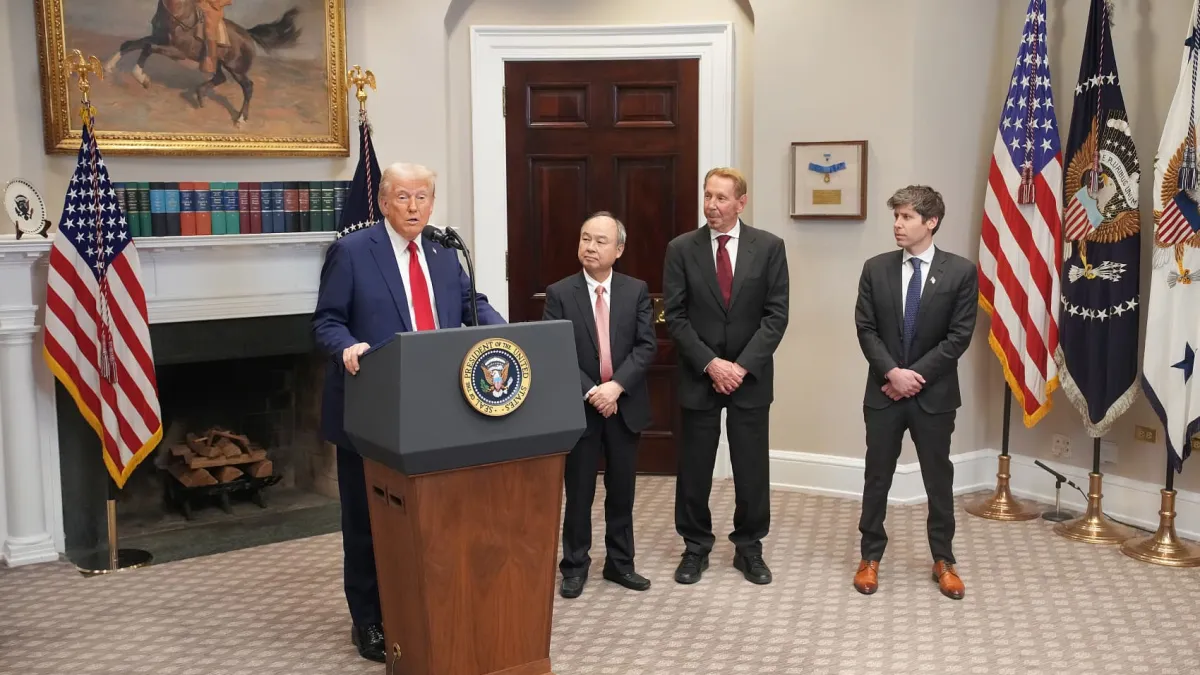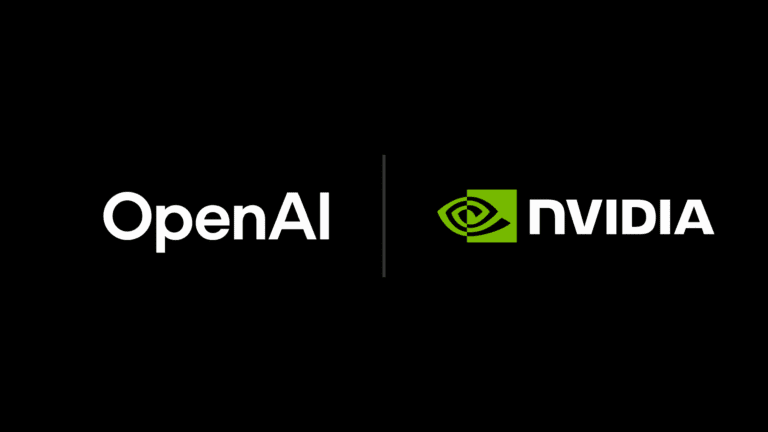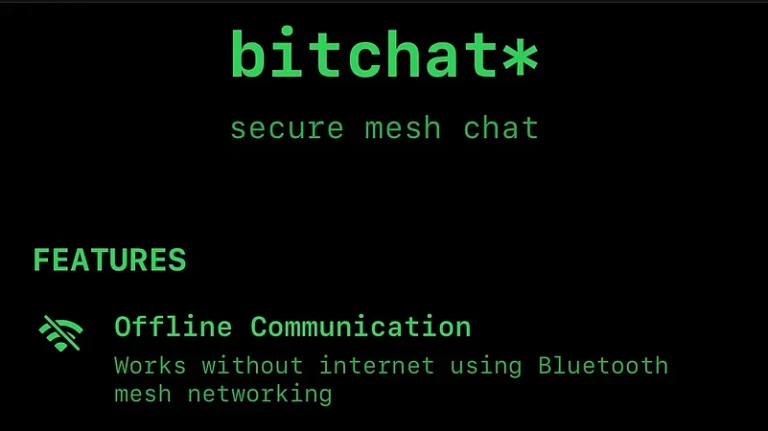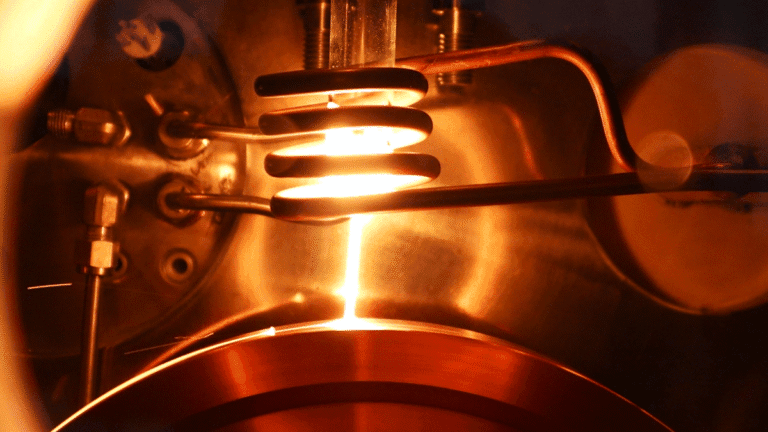
OpenAI, SoftBank, and Oracle Forge $500B "Stargate" AI Venture with White House Backing
Washington, D.C. — In a landmark move poised to reshape the global artificial intelligence landscape, tech giants OpenAI, SoftBank, and Oracle are set to announce a joint venture dubbed Stargate, backed by a staggering $500 billion private-sector investment. The initiative, reportedly orchestrated with White House support, signals a major push to cement U.S. dominance in AI infrastructure amid intensifying global competition.
The Stargate Initiative: Ambition Meets Infrastructure
According to a CBS report, the partnership will begin with an initial 100billioncommitment,scalingto500 billion over the next four years. The venture’s first project—a cutting-edge AI data center in Texas—is expected to break ground soon, with additional facilities planned across multiple states. The announcement, slated for Tuesday afternoon at the White House, will feature OpenAI CEO Sam Altman, SoftBank CEO Masayoshi Son, and Oracle Chairman Larry Ellison, underscoring the collaboration’s high-profile backing.
The initiative comes as nations race to secure AI supremacy. OpenAI’s recent “economic blueprint” for AI, released January 13, emphasized the urgency of U.S. leadership, warning that rivals risk falling behind. “The U.S. government can pave the road for its AI industry to continue global leadership in innovation while protecting national security,” wrote Chris Lehane, OpenAI’s vice president of global affairs, in the document.
Regulatory Rollbacks Fuel Private Sector Momentum
The Stargate reveal aligns with former President Donald Trump’s anticipated deregulatory agenda for AI. As reported by PYMNTS, Trump is expected to dismantle Obama- and Biden-era AI regulations, a move cheered by tech advocates like David Sacks, his pick for cryptocurrency/AI czar. Sacks, a Craft Ventures founder and PayPal alum, has long criticized government overreach, arguing that innovation thrives under minimal intervention.
Critics, however, fear deregulation could exacerbate risks tied to AI, from algorithmic bias to cybersecurity threats. Still, the White House’s embrace of Stargate reflects a bipartisan consensus on AI’s economic and strategic importance. “All these models have gotten quite complex,” Altman noted in a November Reddit AMA, citing compute shortages as a bottleneck for OpenAI’s projects. “Hard decisions about allocating compute [are slowing] great ideas.”
Industry Giants Bet Big on AI’s Future
Stargate’s scale dwarfs recent investments by rivals. Amazon Web Services (AWS), for instance, pledged $11 billion to expand Georgia-based cloud and AI infrastructure earlier this month. Meanwhile, Meta CEO Mark Zuckerberg emphasized in October that advancing AI hinges on “serious infrastructure,” a challenge Stargate aims to address head-on.
Oracle’s cloud expertise, SoftBank’s vast capital reserves, and OpenAI’s pioneering AI models position the trio to tackle one of the field’s most pressing hurdles: the energy and computational demands of next-generation systems. The venture also dovetails with Trump’s reported plans to repurpose federal sites—including Defense and Energy Department properties—for AI data centers, as outlined in a recent Biden-era executive order left intact by the former president.
Global Implications and Ethical Debates
While Stargate’s backers tout its potential to drive job creation and technological breakthroughs, skeptics question whether such concentrated private-sector power aligns with public interests. “Mega-projects like this risk sidelining ethical considerations,” said Dr. Elena Torres, a tech policy analyst at MIT. “Who ensures these systems prioritize safety over profit?”
The partnership also arrives amid escalating U.S.-China tensions over AI exports. Last week, the Commerce Department tightened restrictions on advanced AI chip sales to China, drawing ire from firms like Nvidia. Stargate’s focus on domestic infrastructure could further entrench U.S. self-reliance in critical technologies.
A New Chapter in the AI Arms Race
As the White House prepares to unveil Stargate, the venture underscores a pivotal moment in AI’s evolution. With $500 billion on the table and political winds favoring deregulation, the U.S. is doubling down on its bid to outpace rivals—betting that private-sector ambition, coupled with federal support, will secure its place as the undisputed leader of the AI era.
The stakes couldn’t be higher. As Altman warned in his blueprint: “To win on AI is to win the future.”






